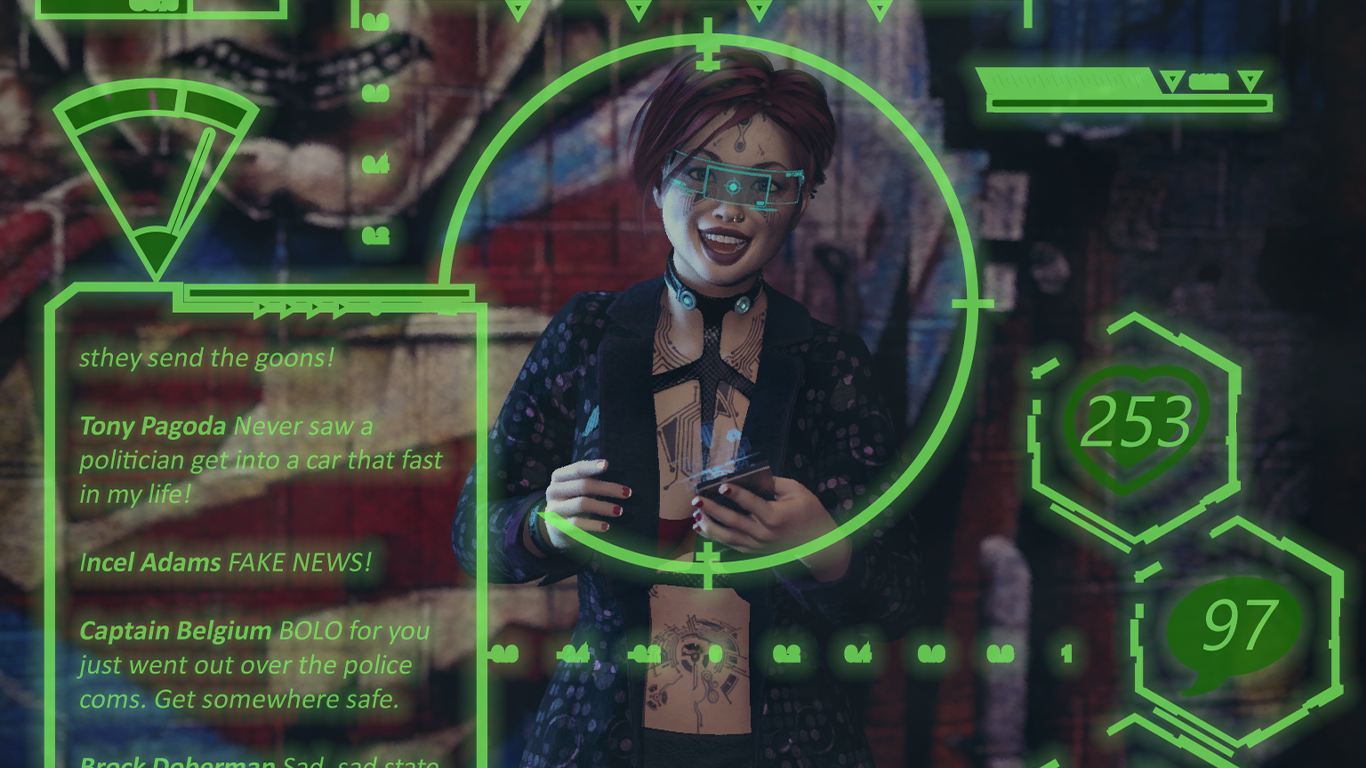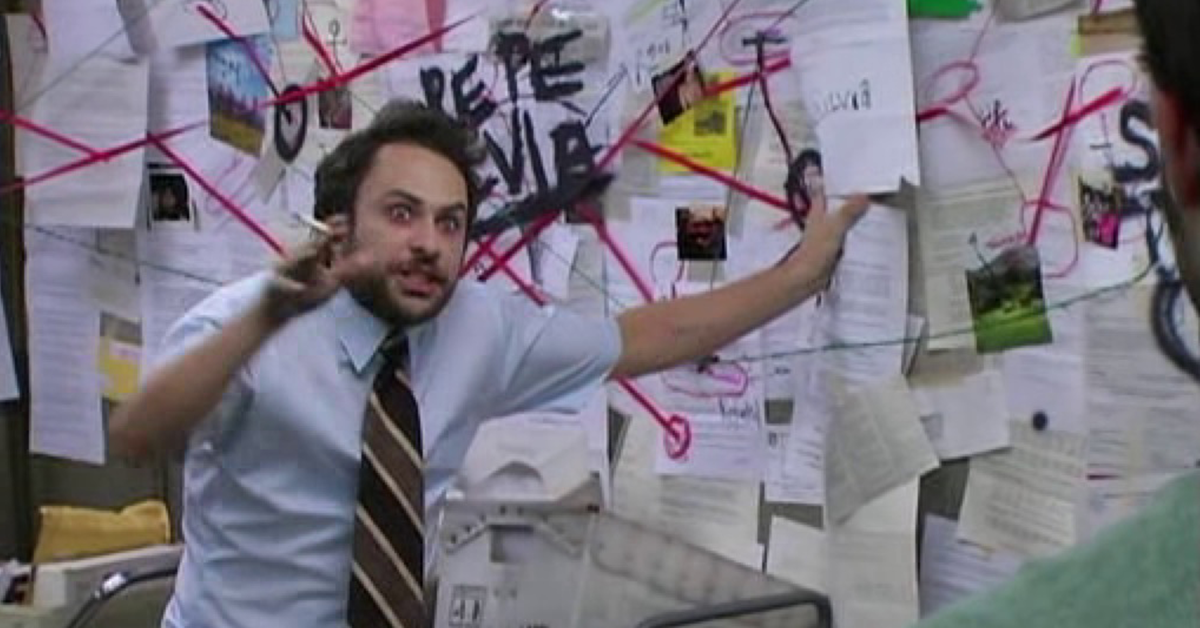We may earn money or products from the companies mentioned in this post.
Once you’ve finished all the Grunt Work, you’ll have a product suitable for publication. This will lead you to a whole new round of Grunt Work to actually publish the thing, and it’s even less fun that the final rounds of editing and layout you just finished. If this is your first product, there will be a lot of it. If you’ve published similar things before, most of the groundwork (like signing contracts and setting up accounts and building web pages) will already be done so it might not be too bad. Write up your ad copy, get the cover images sized correctly, upload everything to the sites you’re selling it on (assuming you’re just doing PDF/ebook initially–print is a whole extra layer of tedium), and maybe send out some press releases and announcements on your social media sites. At this point, if I start the “release” phase of a new Hex product when the Simpsons come on, I can have it uploaded to all the sites we sell to and be announcing that it’s on sale by the time John Oliver’s show starts. Since most of our print sales happen at cons, I usually hold off until we’ve got a convention coming up before I do that part.
The good news is that now you’ve got the thing released, so in no time you’ll be hearing praise from your adoring new fans, right? Well, not so much. A few people might mention your product or blog about it or maybe even review it, but mostly you’ll hear crickets, at least if you’re not a big company with a huge fan base and/or didn’t just release the latest “next big thing.” For the most part, people will buy your product without giving any indication of whether they loved it, hated it, or were completely meh. Your friends might say something nice about it, but even they are probably more excited by the latest version of D&D, which in recent years seem to happen nearly as often as Spider-Man reboots. For some reason I’ve never understood, gamers get more excited by games put out by total strangers than people they know personally. Or maybe I’ve just got shitty gamer friends. It’s hard to say for sure. You won’t really get a lot of feedback until much later when you run into people at cons or on message boards or wherever who downloaded/read your game.
The fact that you’ve released this thing you’ve been working on for months or years and most people didn’t seem to notice makes it hard to get excited about telling people about it. That’s made even harder by the fact that you’re probably tired of the damned thing. As much as I love nearly everything Hex has done, Hobomancer was the only one I actually wanted to talk about, much less play, right after it was released. With most of the rest, I’ve needed some time away from it before I could appreciate it again. Unfortunately, the initial release is exactly when you have to pretend to still be excited about the thing, which means the thing that was so much fun back at the start–talking about your great idea–suddenly becomes its own kind of Grunt Work. It’s a cruel irony.
As time passes, especially if you keep releasing new stuff, there’s a weird disconnect where the thing goes from being this idea you had and turned into a Real Thing through tons of hard work and dedication to being…inventory. All that magic and excitement goes away and it becomes an item in your backstock and a game you run at conventions in hopes of selling some books. Last week I joked that you’d only kind of hate your finished product, but that’s not really true. It’s more ambivalence. Unless something really missed the mark or was poorly done, you’re not going to actually hate it. In fact, you’re probably not going to think about it too much because you’ve got brand new things to create so you can be ambivalent about them in the future.
When you do think about it, and especially if you re-read it, run a game of it, or whatever, it’s definitely more of a love-hate situation. Once the initial excitement of the idea, exhaustion with the idea, and “just glad the damned thing is done” stages have passed and you can look at the product objectively, there are going to be things you absolutely love and think turned out just right. There are also going to be a bunch of things that you realize didn’t work, weren’t as clever as you thought at the time, and wish you’d done differently. The second list will grow as time passes, and might even come to include things that started out on the first list. For example, 14 years later, I still love and am very proud of QAGS 2E, but there are a few jokes that I loved at the time and cringe at now. If Leighton and I had known we’d still be selling the book when we were in our 40s, I think we would have made more sober editorial decisions.
The best part about actually releasing your product is that no matter how much you love the thing, hate the thing, or just don’t want to think about the thing ever again, it’s now a Thing, which means it’s not Idea Debt. It’s been released out into the wild and is no longer sitting there on your hard drive begging you to give it your time, effort, and attention. That’s a good thing, because in the time it took to release the thing, you probably took on at least a couple more projects’ worth of Idea Debt that you need to start working to pay off.




